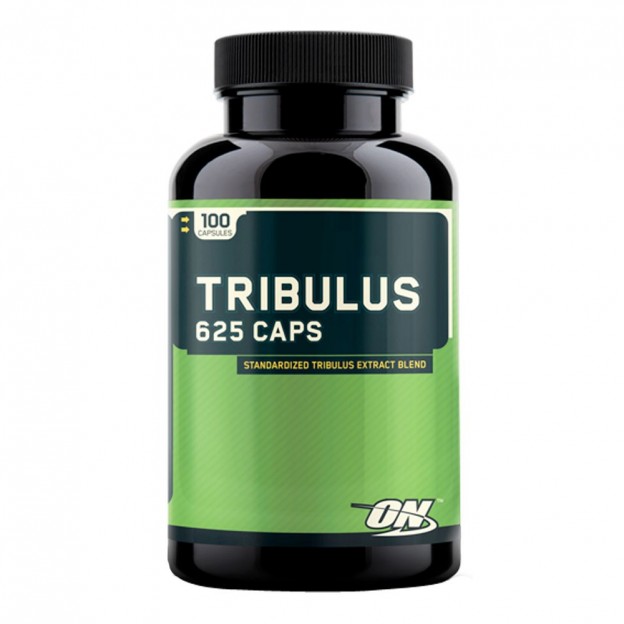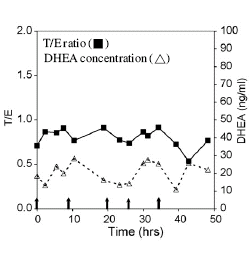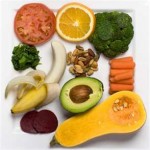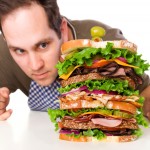By Admin – Steroidal.com
For decades Tribulus terrestris has been marketed by the supplement industry as a ‘Testosterone Booster’, and herbal product that will lead to enhanced performance by increasing testosterone concentrations naturally.
First off, lets explain what Tribulus terrestris is, but if you’re into bodybuilding, exercising and take dietary supplements, we’re sure you’ll already know what Tribulus is.
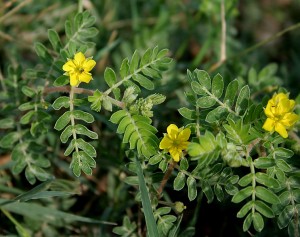 Tribulus is an annual plant in the Caltrop Family and is a weed species. Also known as; devils weed, devils thorn and bindii, tribulus is a spine-covered fruit. Its been used for centuries as a treatment of infertility, libido and angina and many also claim it will enhance performance. But what does the real data say?
Tribulus is an annual plant in the Caltrop Family and is a weed species. Also known as; devils weed, devils thorn and bindii, tribulus is a spine-covered fruit. Its been used for centuries as a treatment of infertility, libido and angina and many also claim it will enhance performance. But what does the real data say?
Well, lets first look at its effects on endogenous hormones, including; testosterone, DHEA, estrogen and the testosterone:epitestosterone ratio.
Lets take the first mainstream Tribulus product produced by the pharmaceutical giant – Sopharma – and see how it fairs.
Tribestan is touted as the most powerful of all Tribulus products on the market, produced in Bulgaria and standardised for the metabolite protodioscin – which is named as the active furostanol responsible for testosterone enhancement.
Our first study was done in June 2008 at the University of Lausanne in Switzerland and looked the hormonal effects of Tribulus and whether use would cause a failed anti-doping test [1].
Two female athletes failed an anti-doping test and blamed their drugs test failures on ingesting the over the counter and popular testosterone booster – Tribestan.
Tests were then conducted using one of the most advanced pieces of equipment for anti-doping available at the time, measuring the ratio in urine between carbon-12 and carbon-13 atoms.
The two female athletes were given 500mg of Tribestan three times per day for two consecutive days. By dosage standards, this is an optimal or high dose. For sexual enhancement properties, Tribestan is advised at 500-1000mg per day.
The Swedish researchers found no effect on levels of Dehydroepiandrosterone (DHEA), which is a powerful prohormone or precursor to testosterone. The graph below shows no change in the subjects urinary measurements.
The ratio between testosterone and epitestosterone also didn’t change showing testosterone concentrations were unaffected. This means Tribulus didn’t alter levels of leutinizing hormone (LH) or DHEA causing a rise in free or total testosterone.
The theory spewed by supplement manufacturers is that protodioscin converts into testosterone metabolites, such as androsterone, androstenol or etiocholanolone, but this also looks untrue.
In another medical study, this time examining young males and lasting four weeks, similar results were seen [2].
Twenty-one healthy 20-36 year old men were given either 20mg or 10mg per kilogram of bodyweight, split into 4 daily doses, for four weeks in total. Testosterone, androstenedione and luteinizing hormone levels were tested 24 hours after Tribulus ingestion and no effects were seen between groups.
The study concluded, “The findings in the current study anticipate that Tribulus terrestris steroid saponins possess neither direct nor indirect androgen-increasing properties. The study will be extended in the clarifying the probable mode of action of Tribulus terrestris steroid saponins,” the researchers wrote.
So we know it doesn’t boost testosterone, at least in the large doses specified and using the highest quality available product – Tribestan. So what about it enhancing performance?
The third study we’re going to look at was done in June 2000 and looked at the effects of Tribulus on body composition, body weight, maximal strength, dietary intake, and mood states in fifteen healthy young men [3].
Then men were given a smaller dose in the two above studies of 3.21 mg per kg body weight daily. So an 80kg male would be taking 256.8mg every day.
There was no change between groups and the study concluded, “Supplementation with tribulus does not enhance body composition or exercise performance in resistance-trained males.”
Our final study again looked at performance of elite level rugby players and was recently done in May 2007 [4].
Twenty-two Australian elite male rugby league players were put into two groups. One group was given placebo with no active ingredients, the second was given 450mg of Tribulus extract once per day for 5 weeks.
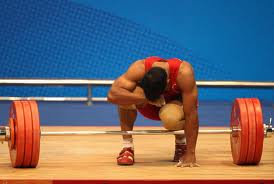 Muscular strength, body composition, and the urinary testosterone and epitestosterone ratio were monitored prior to and after supplementation.
Muscular strength, body composition, and the urinary testosterone and epitestosterone ratio were monitored prior to and after supplementation.
The study showed no difference again between groups indicating Tribulus enhanced performance.
The study concluded, “No between-group differences were noted in the urinary T/E ratio. It was concluded that T. terrestris did not produce the large gains in strength or lean muscle mass that many manufacturers claim can be experienced within 5-28 days. Furthermore, T. terrestris did not alter the urinary T/E ratio and would not place an athlete at risk of testing positive based on the World Anti-Doping Agency’s urinary T/E ratio limit of 4:1.”
So there you have it, Tribulus does NOT raise testosterone, nor does it enhance performance. If anyone tells you otherwise, their data is probably fictitious and/or sponsored by a manufacturer of Tribulus or a company with an interest in its sales.
That said, we do suggest Tribulus as part of our post cycle therapy (PCT) protocol. That’s because it will raise libido and energy levels, but wont boost natural hormones.
References:
[1]. Forensic Sci Int. 2008 Jun 10;178(1):e7-10.
[2]. J Ethnopharmacol. 2005 Oct 3;101(1-3):319-23.
[3]. [Int J Sport Nutr Exerc Metab. 2000 Jun;10(2):208-15.
[4]. J Strength Cond Res. 2007 May;21(2):348-53.




